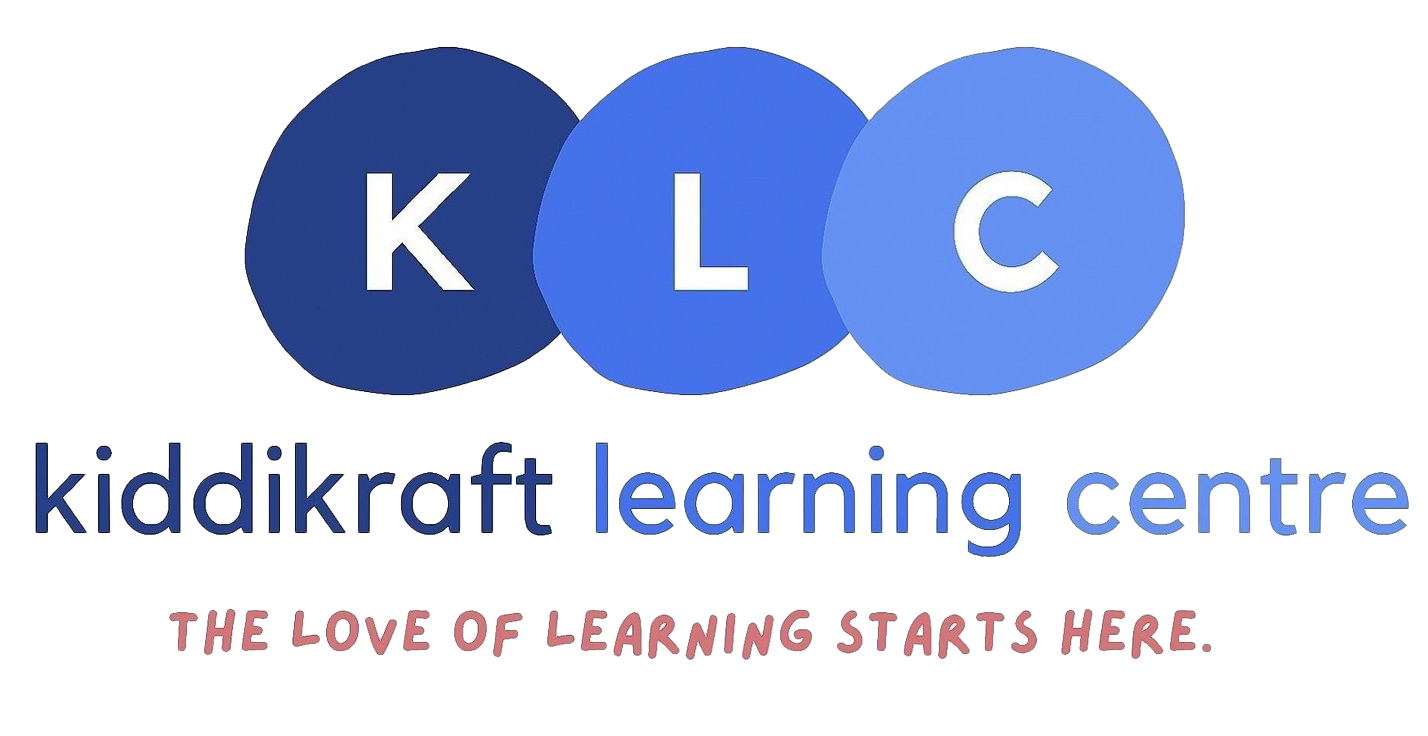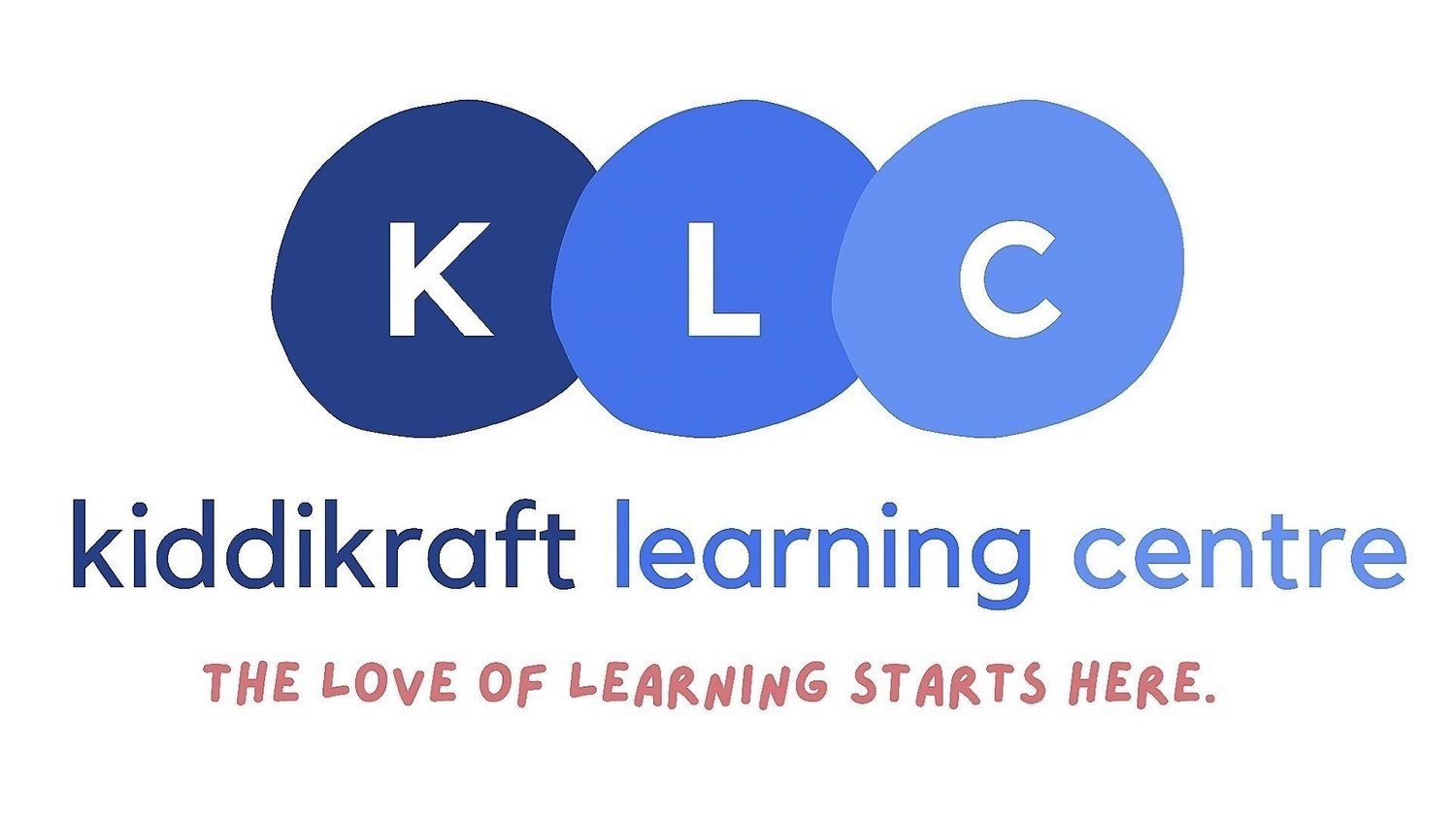Sign up for KLC's summer programme before 30th June to receive Early Bird discounts. Spaces are filling up fast so don't miss out!
KOWLOON TONG
KENNEDY TOWN
Sign up for KLC's summer programme before 30th June to receive Early Bird discounts. Spaces are filling up fast so don't miss out!
Hong Kong Phonics Classes, English Learning Centre in Hong Kong, Phonics Programs for Children in Hong Kong, Hong Kong English Language Courses, Effective Phonics Instruction in Hong Kong, Best English Learning Centre in Hong Kong, Hong Kong Phonics Tutoring Services, Top-rated English Language Programs in Hong Kong, Hong Kong Vocabulary
Five Tips to Increase Vocabulary
Writing can be a hurdle for many students, regardless of their first language. Building a strong vocabulary is crucial, and while teachers play a vital role, parents often seek guidance on how to support this at home.
Make Vocabulary Building Fun for Kids
Developing a strong vocabulary in young children goes beyond simply memorizing dictionary definitions. It requires engaging and enjoyable strategies that make the process effective and contribute to a substantial word bank.
Kiddikraft Learning Centre Celebrates 28 Years of Excellence in English Education
Kiddikraft Learning Centre Celebrates 28 Years of Excellence in English Education
Fostering Creativity and Imagination: Unleashing Potential
Fostering creativity and imagination is essential for helping children develop the skills, confidence, and resilience they need to navigate an ever-changing world and to express themselves authentically. By providing opportunities for creative expression, encouraging experimentation, and nurturing a supportive environment, parents can empower their children to unleash their full potential and pursue their passions with enthusiasm and creativity.
Promoting Cultural Awareness: Embracing Diversity
Promoting cultural awareness is essential for helping children develop an appreciation for diversity, tolerance, and inclusion, and for fostering positive relationships with people from different backgrounds and cultures. By teaching them about cultural diversity, traditions, and customs, parents can empower their children to embrace diversity and celebrate the richness of human experience.
Instilling Environmental Consciousness: Cultivating Eco-Friendly Habits
Instilling environmental consciousness is essential for helping children develop an awareness of environmental issues and a sense of responsibility towards the planet. By teaching them about sustainability, conservation, and eco-friendly habits, parents can empower their children to become stewards of the environment and make positive contributions to protecting the Earth.
Encouraging Lifelong Learning: Cultivating Curiosity
Encouraging lifelong learning is essential for helping children develop a love for learning, curiosity, and a growth mindset that will inspire them to pursue knowledge and personal growth throughout their lives. By fostering a culture of curiosity, exploration, and intellectual curiosity, parents can empower their children to become lifelong learners who embrace new opportunities and challenges with enthusiasm and determination.
Nurturing Emotional Intelligence: Building Resilience
Nurturing emotional intelligence is essential for helping children develop self-awareness, self-regulation, empathy, and resilience, and for fostering their ability to cope with stress, manage emotions, and build healthy relationships. By teaching them about emotions, coping strategies, and self-care, parents can empower their children to navigate life's challenges with confidence and resilience
Promoting Healthy Relationships: Nurturing Connections
Promoting healthy relationships is essential for helping children develop strong interpersonal skills, empathy, and resilience, and for fostering positive connections with others. By teaching them about communication, boundaries, empathy, and respect, parents can empower their children to build and maintain healthy relationships throughout their lives.
Encouraging Career Exploration: Nurturing Ambition
Encouraging career exploration is essential for helping children discover their interests, talents, and passions, and for empowering them to pursue their dreams and aspirations. By exposing them to a variety of career options, providing opportunities for exploration and discovery, and supporting their ambitions, parents can help their children find fulfilling and rewarding career paths.
Promoting Digital Literacy: Navigating the Digital World
Promoting digital literacy is essential for helping children develop the knowledge, skills, and habits they need to navigate the digital world safely and responsibly. By teaching them about internet safety, digital citizenship, and critical thinking, parents can empower their children to make informed choices and thrive in the digital age.
Fostering Financial Literacy: Building Money Management Skills
Fostering financial literacy is essential for helping children develop the knowledge, skills, and habits they need to make informed financial decisions and achieve financial well-being. By teaching them about money management, budgeting, saving, and investing, parents can empower their children to build a secure financial future.
Encouraging Cultural Appreciation: Embracing Diversity
Encouraging cultural appreciation is essential for helping children develop respect, empathy, and understanding towards people from different backgrounds and cultures. By fostering an appreciation for diversity and multiculturalism, parents can help their children become global citizens who value and celebrate the richness of human diversity.
Promoting Environmental Awareness: Fostering Stewardship
Promoting environmental awareness is essential for helping children develop a sense of responsibility and stewardship towards the planet. By teaching them about the importance of conservation, sustainability, and protecting the environment, parents can instill values of environmental stewardship that will guide their actions and decisions throughout their lives.
Cultivating Confidence: Building Self-Esteem
Cultivating confidence is essential for helping children develop a strong sense of self-worth, resilience, and belief in their abilities. By nurturing self-esteem and self-confidence, parents can empower their children to face challenges with courage, perseverance, and optimism.
Developing Social Skills: Nurturing Relationships
Developing social skills is essential for children's social and emotional development, and for building strong, positive relationships with others. By nurturing social skills such as communication, empathy, and cooperation, parents can help their children navigate social interactions with confidence and kindness.
Encouraging Intellectual Curiosity: Fostering Lifelong Learning
Encouraging intellectual curiosity is essential for fostering a love of learning and promoting intellectual growth and development. By providing opportunities for exploration, inquiry, and discovery, parents can help their children become lifelong learners who approach the world with curiosity, enthusiasm, and a thirst for knowledge.
Promoting Physical Health: Prioritising Wellness
Promoting physical health is essential for children's overall well-being, growth, and development. By prioritising wellness, encouraging healthy habits, and fostering an active lifestyle, parents can help their children maintain good physical health and lay the foundation for a lifetime of well-being.
Nurturing Creativity: Fostering Innovation
Nurturing creativity is essential for helping children develop innovative thinking, problem-solving skills, and a passion for exploration and discovery. By providing opportunities for creative expression, encouraging curiosity and experimentation, and fostering a culture of innovation, parents can help their children unleash their creative potential and make meaningful contributions to the world.























